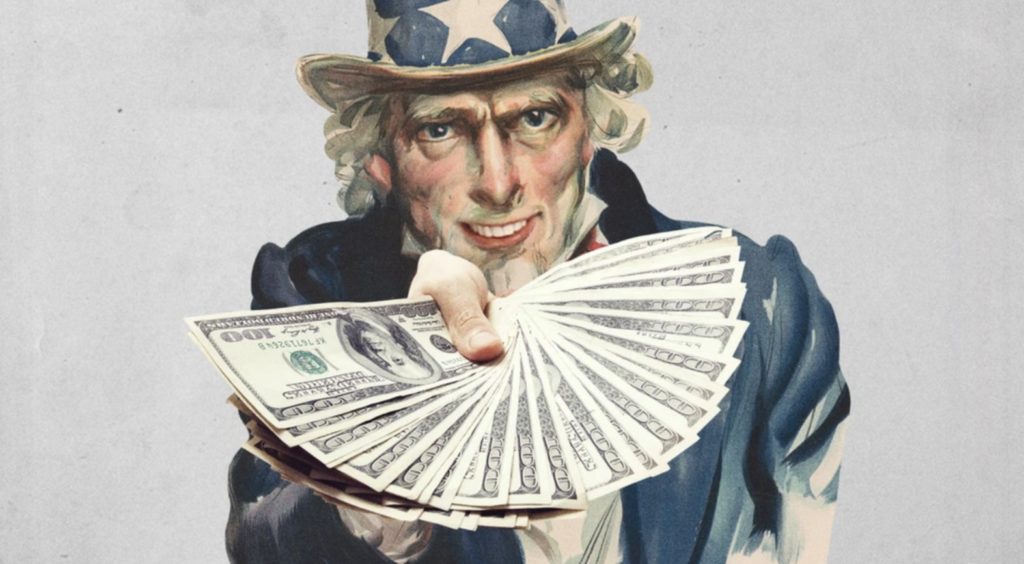In the 2020 Democratic primary, Andrew Yang emerged as a noteworthy candidate, particularly due to his proposal for a universal basic income (UBI) of $1,000 per month for every U.S. citizen. This simplistic yet powerful idea aimed to simplify welfare systems and alleviate the financial strains on individuals, regardless of their socio-economic status. Yang argued that, unlike traditional welfare programs tethered to income levels, a UBI would eliminate bureaucratic hurdles and disincentives associated with means-tested benefits. While some Democrats criticized the need to give wealthier individuals a monthly income, Yang stood firm in his belief that a universal approach would foster inclusivity and reduce societal disparities.
Yang was motivated by concerns over job displacement caused by automation and advancements in technology, which he believed could render many low-skilled jobs obsolete. He envisioned UBI as a financial safety net that could cushion the blow for workers affected by the evolving job landscape and provide them with the stability needed to pursue further education, start entrepreneurial ventures, or explore creative outlets. He asserted that this guaranteed income would not foster laziness but, rather, promote productivity and innovation, allowing individuals to engage more deeply in pursuits aligned with their passions and expertise.
However, empirical evidence from recent studies challenges the optimistic portrayal of UBI. Notably, research conducted by a team of scholars including Eva Vivalt and others examined the effects of providing $1,000 monthly to 1,000 low-income individuals over three years. The findings revealed that the guaranteed income ultimately decreased recipients’ annual income by about $1,500 compared to a control group. This decline came primarily from reduced work hours and extended periods of unemployment, suggesting that, contrary to Yang’s assertions, a UBI might disincentivize work rather than encourage productivity or job-seeking behavior.
Further investigation into the impact of UBI on entrepreneurship and education also yielded disappointing results. While recipients reported an increased desire to pursue entrepreneurial ventures, this heightened ambition did not translate into actual entrepreneurial activities. Similarly, the expected boost in educational outcomes showed minimal improvement among recipients, with the study indicating that few participants returned to school. Instead of utilizing the time gained from reduced working hours for constructive endeavors, participants largely engaged in leisure activities, such as socializing and self-care.
Additionally, the study’s comprehensive time use breakdown illustrated a more significant allocation of time toward leisure rather than productive tasks like job searching, exercise, or community engagement. While the shifts in behavior may appear minor at an individual level, their aggregation across a large population poses considerable implications for overall productivity and societal engagement. The authors ultimately observed that participants placed a higher value on leisure over work, rendering a UBI ineffective in igniting the creative potential that its advocates anticipated.
The implications of these findings leave UBI proponents in a challenging position. Far from the idealized visions of innovation and entrepreneurship, the evidence suggests that a UBI might primarily encourage relaxation and a decrease in labor supply. As the argument for universal basic income hinges on its capacity to unlock human creativity and productivity, the research points to the contrary, indicating that it may fail to deliver on its promises as a transformative policy tool. The debate over UBI continues, with its advocates needing to reassess its potential impacts in light of growing empirical evidence questioning its foundational assumptions.

